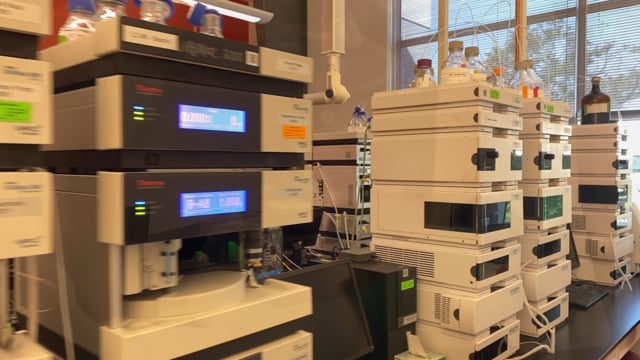Navigating Regulatory Requirements for Topical Drug Development: A Guide for Pharmaceutical Companies
As pharmaceutical companies strive to bring innovative topical drugs to the market, they must navigate a complex web of regulatory requirements. These regulations are in place to ensure the safety and efficacy of topical medications, but they can also add significant time and costs to the drug development process. In order to successfully navigate these requirements, many companies are turning to specialized laboratories like Dow Development Labs for their expertise in topical drug development.
The first step in developing a topical drug is understanding the regulatory landscape. The process begins with preclinical studies, which involve testing the drug on animals to determine its safety and potential effectiveness. This stage also includes formulation development, where scientists work to create a stable and effective product. Once these studies are completed, clinical trials can begin.
Clinical trials are a crucial step in the drug development process as they provide evidence of the drug’s safety and efficacy in humans. They also play an important role in gaining approval from regulatory bodies such as the US Food and Drug Administration (FDA) or European Medicines Agency (EMA). These trials must follow strict guidelines set by these agencies, including obtaining informed consent from participants and adhering to Good Clinical Practice (GCP) standards.
One of the biggest challenges in topical drug development is ensuring that the active ingredient penetrates effectively through the skin barrier. This requires careful consideration of factors such as formulation composition, dosage forms, and delivery methods. It also requires specialized testing methods such as skin permeation studies and bioavailability assessments.
In addition to clinical trials, regulatory bodies also require extensive data on product stability and quality control measures before approving a topical medication for market release. This includes testing for impurities or contaminants that could potentially harm patients using the product.
For pharmaceutical companies looking to streamline their drug development process while maintaining compliance with regulatory requirements, outsourcing these services to a top laboratory like Dow Development Labs can be highly beneficial. These specialized labs have the expertise and resources to conduct preclinical and clinical studies, formulate stable products, and perform quality control testing.
Outsourcing also allows companies to tap into the latest technologies and methods without having to invest in expensive equipment or hiring additional staff. This can significantly reduce costs and speed up the drug development process.
Another advantage of working with a top lab is their experience with regulatory agencies. They understand what information is required for approvals and can help companies prepare comprehensive dossiers that meet all necessary guidelines. This can save pharmaceutical companies significant time and resources in navigating the complex regulatory landscape.
In conclusion, developing a topical drug that meets regulatory requirements requires a deep understanding of the process as well as access to specialized resources. By partnering with a top laboratory like Dow Development Labs, pharmaceutical companies can ensure their product meets safety and efficacy standards while also streamlining their drug development process. Don’t let regulatory hurdles slow down your topical drug development – consider outsourcing these services to a trusted partner like Dow Development Labs today.

